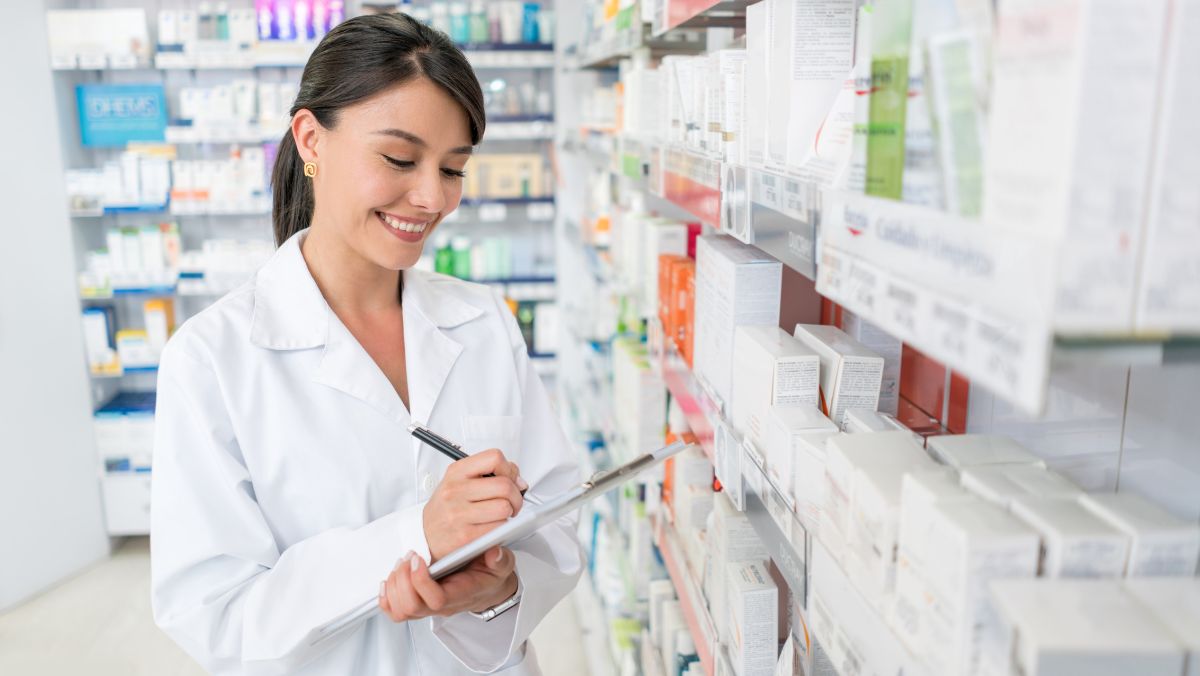
In the specialty pharmacy industry, biologics and biosimilars are two terms that are often mentioned yet commonly misunderstood. While both play crucial roles in modern medicine by treating chronic and complex conditions like autoimmune diseases, cancers, and more, they’re definitely not the same. With that said, what exactly sets these two types of therapies apart?
What Are Biologics?
Biologics are complex, large-molecule drugs derived from living cells of natural sources. Unlike traditional small-molecule drugs, which are chemically synthesized, they are made using biotechnology and involve a living organism, such as humans, animals, or microorganisms like bacteria, yeast, or mammalian cells for example. Biologics deliver specific and effective therapies targeting particular cells or proteins in the body and they are typically administered intravenously (IV) or injection.
Biologics have revolutionized treatment for a variety of conditions, offering options where traditional therapies may not be effective. Because of their complexity and the intricate process required to produce them, biologics can be expensive, which can limit access for some patients.
Common Uses of Biologics
- Crohn’s Disease
- Ulcerative Colitis
- Diabetes
- Rheumatoid Arthritis
- Cancer
- Osteoporosis
- Psoriasis
- HIV
- Multiple Sclerosis
What Are Biosimilars?
Biosimilars are close to, but not identical copies of an original biologic drug known as the reference product. These types of drugs are developed after the patent on the original biologic expires, allowing other companies to create similar versions. Biosimilars undergo rigorous testing to ensure they are as safe, effective, and high quality as the original biologic, and they are typically more cost-effective.
The key point is that while biosimilars are not exact copies of biologics, they are highly similar in structure, function, and clinical effectiveness. This similarity must be proven through extensive analytical studies and clinical trials before a biosimilar can be approved for use.
The Role of Specialty Pharmacies
Specialty pharmacies like GeneficRX play a critical role in the distribution and management of both biologics and biosimilars. Given the complex nature of these therapies, patients often require more support and guidance than with traditional medications. Genefic provides personalized care, including patient education, support, and coordination with healthcare providers to ensure optimal treatment outcomes.
Why Both Matter
Biologics and biosimilars are equally essential in advancing patient care. Biologics offer cutting-edge treatment options that can be life-changing for patients with serious conditions. Biosimilars help make these groundbreaking therapies more accessible by offering more affordable options without compromising quality or efficacy.
The growing availability of biosimilars also encourages healthy competition in the market, which can lead to further innovations and cost reductions. For patients, this means more choices and better access to treatments.
Understanding the differences between biologics and biosimilars is key to making informed treatment decisions. Genefic Specialty Pharmacy is dedicated to guiding clients through the available options, ensuring that patients receive the best care possible. Whether you’re prescribed a biologic or a biosimilar, our team is here to provide unrivaled care every step of the way. Feel free to contact us today to learn more about Genefic and our offerings.
